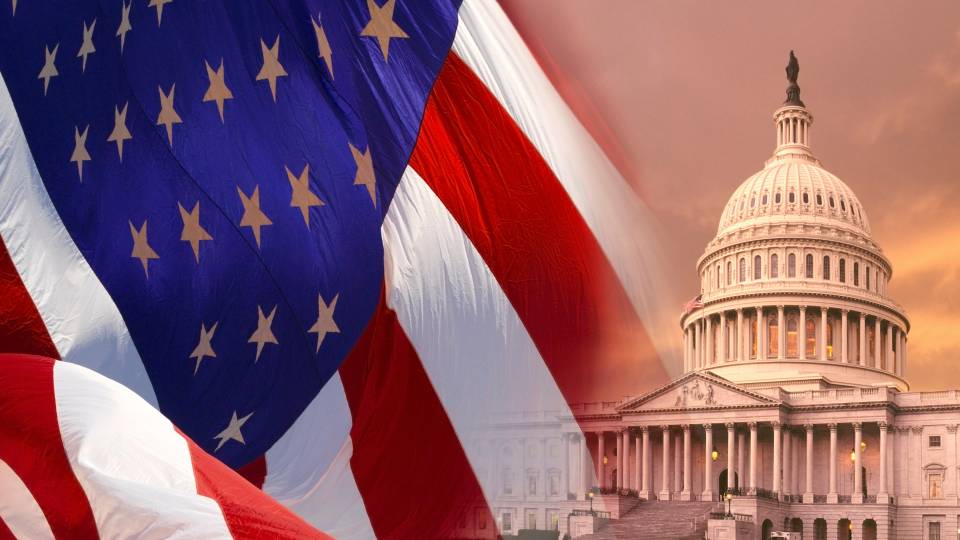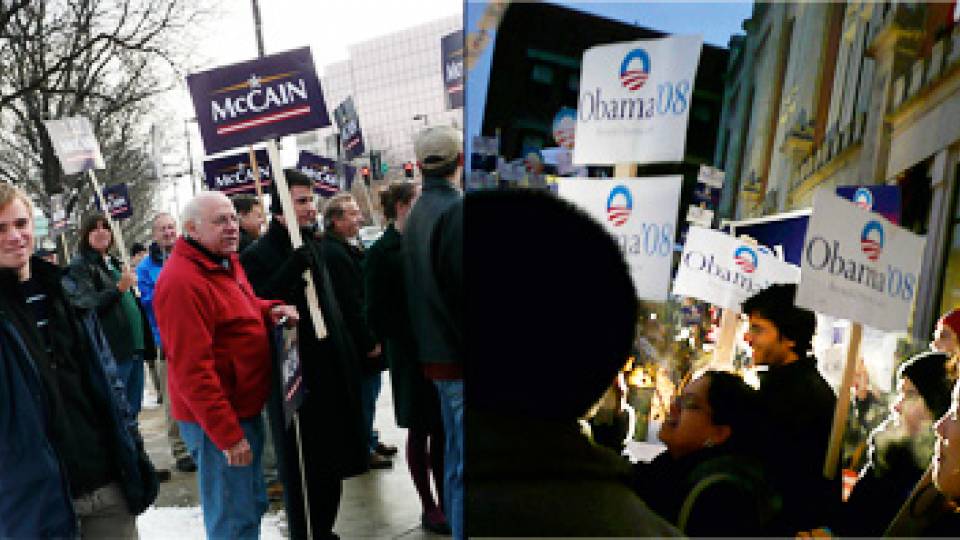The three major television networks are not very interested in covering political elections these days because Americans are not very interested in watching, a former television news executive told a Princeton audience Wednesday.
Speaking to a capacity crowd at the Woodrow Wilson School of Public and International Affairs, Martin Plissner, executive political director of CBS-TV news, highlighted a tremendous decline in airtime for election issues on the three major networks since the first televised Republican and Democratic national conventions in 1952. That year, he said, 50 million people watched as the three networks carried convention coverage ten hours a day for two full weeks.
Eight years later, half the country tuned in to hear the four presidential debates between John F. Kennedy and Richard Nixon -- the first such debates to be televised. "TV is the main source of information Americans have about their candidates when they go to the polls," Plissner explained. "Since the early 1960s, the winning answer to the pollsters' question 'Where do you get your campaign news?' has always been TV."
Television's impact on voters' decisions only increased through the 1970s, and the networks recognized the importance of bringing continuous, comprehensive election coverage to their viewers. Any network that failed to do so tended to drop behind in the ratings. "By the mid-1970s, the networks were already referring to the presidential campaigns as racehorses," said Plissner, "and to do the job right, they all knew they couldn't just show up at the finish line."
Jump ahead to the most recent presidential election, said Plissner, and you see a very different story. When the primary races started three years ago, the big three networks long had been losing viewers to the Internet and to proliferating cable networks. ABC, CBS and NBC responded to their falling market shares by drastically cutting election coverage. "Political broadcasts were being held to the same [viewer] standards as cop shows," Plissner said, "and politics was increasingly seen as cyanide for ratings."
Abandoning their 40-year mandate to provide the American people with top-notch political coverage of the candidates and their issues, therefore, the struggling networks began simply dishing out exactly what turn-of-the-millenium TV viewers wanted: 30-second sound bites of smiling politicians and no interruptions to regularly scheduled programming.
Plissner bemoaned the state of affairs that has left unengaged American viewers dependent on the "trap effect" for the little political information they do pick up. Politicians have found that the best way to get their information across is to "trap" viewers with brief sound bites and political advertisements, strategically placed in the few minutes between prime time shows. Subject Americans to more than 30 seconds of politics, Plissner said, and most click away to something more interesting.
Contact: Marilyn Marks (609) 258-3601



